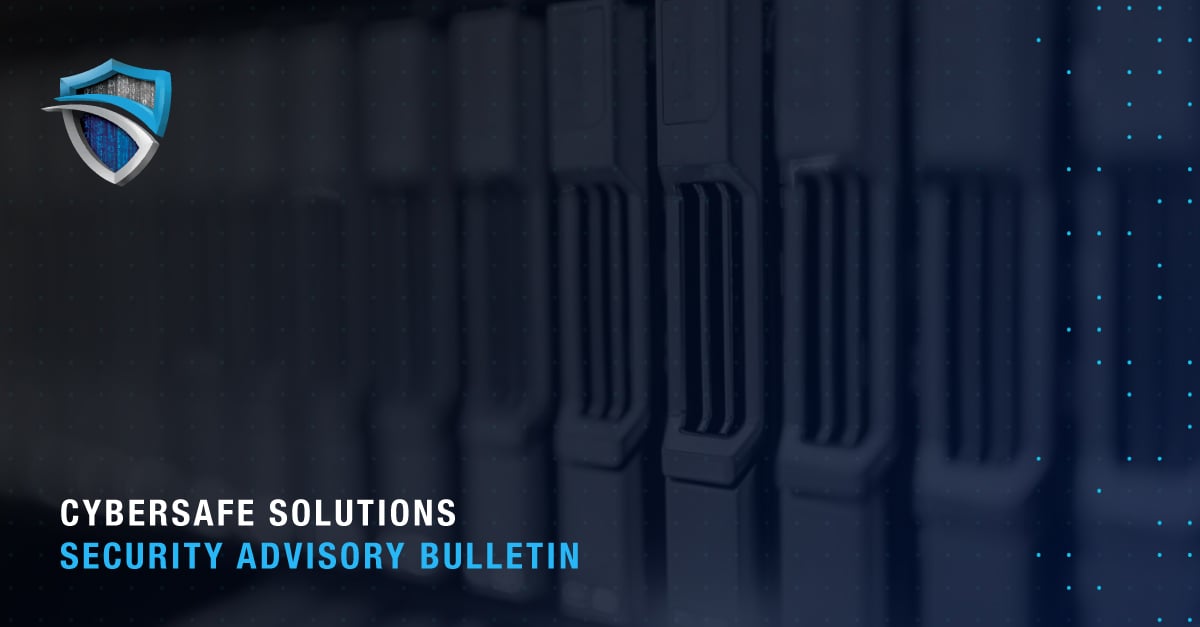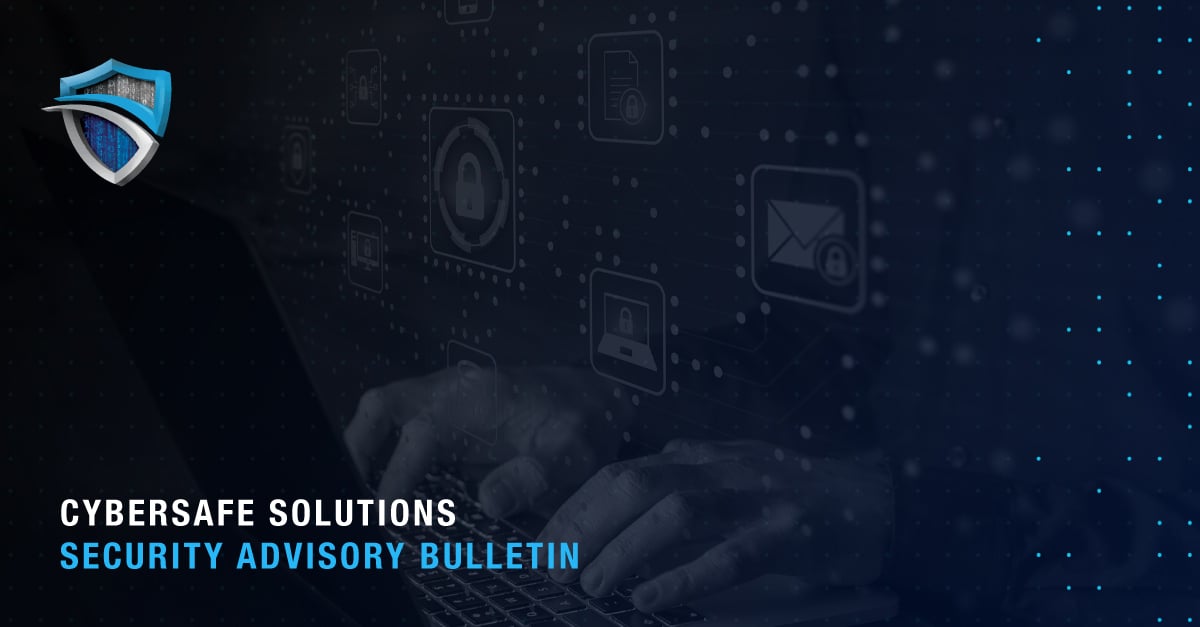In today's interconnected world, cyber attacks are escalating in frequency, impact, and complexity. This growing threat poses significant business risks and costs, making cybersecurity an organizational-level challenge.
To address this issue effectively, companies need a skilled cybersecurity team to manage their security posture. This blog explores the essential components required, focusing on the necessary skills and roles to protect your organization in an ever-evolving threat landscape.
Today’s Increasing Cyber Threat Environment
The cybersecurity ecosystem is changing at an unprecedented pace. Attacks come in many forms, including phishing, malware, personal data breaches, and DDoS (Distributed Denial of Service) attacks, among others. Citing leading global research firm, Cybersecurity Ventures, Cybercrime Magazine reports that a new attack occurs every few seconds.
Additionally, market and consumer data provider Statista reports the estimated cost of cybercrime is expected to reach $9.2 trillion this year,marking the sixth consecutive year of increase. Projections indicate it will continue to rise, potentially reaching $15.6 trillion by 2029.
Cyber risk is not an IT issue; it's a business issue. An incident can severely damage an organization's brand, erode trust with clients and partners, and significantly impact its financial performance.
Notably, the SEC's recent Cybersecurity Rule recognizes cyber threats as potentially material to organizational performance and mandates registrants comply with expanded disclosure requirements.
Start With a Cybersecurity Approach
With new attack vectors constantly emerging, organizations must adopt a forward-thinking approach to effectively combat current and future threats. This begins with establishing goals and expectations to help inform critical decisions about hiring talent, technology stack selection, and overall security protocols.
Balancing Technical & Soft Team Skills for Success
To tackle these challenges, a successful cybersecurity team must engender technical expertise with essential interpersonal skills. This balanced approach ensures the team can not only address complex technical issues but also effectively communicate with other business units and leadership.
In short, a well-rounded cybersecurity team becomes an invaluable asset to the entire organization by bridging the gap between technical requirements and advancing broader business objectives. Here are several key competencies to look for:
Technical Skills
On the technical side, team members should possess expertise in the following areas:
- Global Network Security: Safeguards an organization’s data, applications, and infrastructure across internal networks, cloud solutions, and SaaS products.
- Malware Analysis: Involves studying the behavior and effects of malicious software to improve detection and prevention methods.
- Penetration Testing (Ethical Hacking): Simulates cyber attacks to identify and address vulnerabilities in systems and networks before malicious actors can exploit them.
- Incident Response: Focuses on efficiently managing and mitigating the impact of cybersecurity incidents when they occur.
Soft Skills
Equally important are soft skills, such as:
- Communication: Enables clear explanation of complex technical concepts to non-technical stakeholders and fosters effective collaboration across departments.
- Problem-solving: Enables creative and effective resolution of unexpected cybersecurity challenges and emerging threats.
- Adaptability: Ensures the ability to pivot strategies and learn new technologies in response to the rapidly evolving threat landscape.
- Teamwork: Facilitates cooperation within the cybersecurity team and other departments to create a unified defense against threats.
Cybersecurity Team Roles
A comprehensive cybersecurity team typically includes a variety of specialized roles. Below, we outline some of the more standard positions and their primary duties. It's worth noting that in many organizations, it's not uncommon for these roles to overlap, with professionals wearing multiple hats and assuming responsibilities across several of these positions.
- Chief Information Security Officer (CISO): Oversees cybersecurity strategy and implementation and reports to or is considered part of top management.
- Security Architect: Designs and builds robust IT infrastructure.
- Security Engineer: Implements and maintains security systems and tools.
- Penetration Testing Expert: Proactively identifies vulnerabilities by simulating real-world cyber attacks.
- Compliance Specialist: Ensures adherence to relevant security standards and regulations.
- Security Analyst: Monitors networks for threats and investigates potential incidents.
- Incident Response Specialist: Leads the charge in identifying and mitigating security incidents.
Outsourcing for Cost Efficiency
While building a comprehensive internal cybersecurity team can be an option, many organizations find that outsourcing to a Managed Security Service Provider (MSSP) to supplement their internal team offers significant advantages in risk management and cost.
MSSP services can vary, but they broadly cover some combination of monitoring, threat detection and response, vulnerability management, compliance assistance, and protection for networks and endpoints. Outsourcing provides access to a broader and deeper pool of expertise, 24/7 monitoring capabilities, and the latest security technologies without the need for substantial upfront and ongoing investment.
Additionally, MSSPs can offer scalable solutions that adapt to an organization's changing needs and evolving threat landscape, ensuring consistent protection as the business grows or faces new challenges.
Partner With Cybersafe to Supplement Your Internal Team
Cybersafe stands out as a leading MSSP specializing in advanced managed detection, response, and containment (SOL XDR), a comprehensive model that serves as your organization's go-to supplemental cybersecurity team. With our cutting-edge technology, seasoned security experts, and proven methodologies, we provide round-the-clock protection against evolving cyber threats. Our team brings together a diverse range of skills and experiences, ensuring that your organization benefits from a holistic cybersecurity approach that addresses current and emerging risks.
Our experts are ready to discuss your needs and develop a tailored solution that aligns with your business objectives while providing robust protection against cyber threats.
To learn more about how Cybersafe can help augment your cybersecurity team, contact us today.




